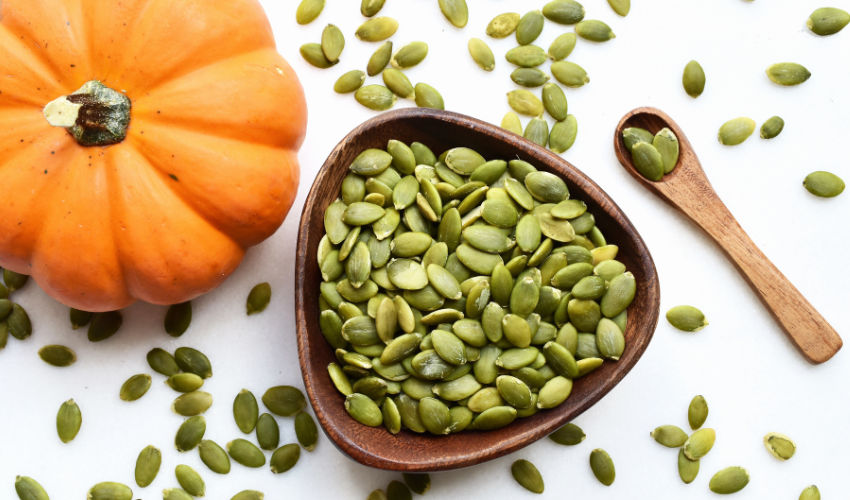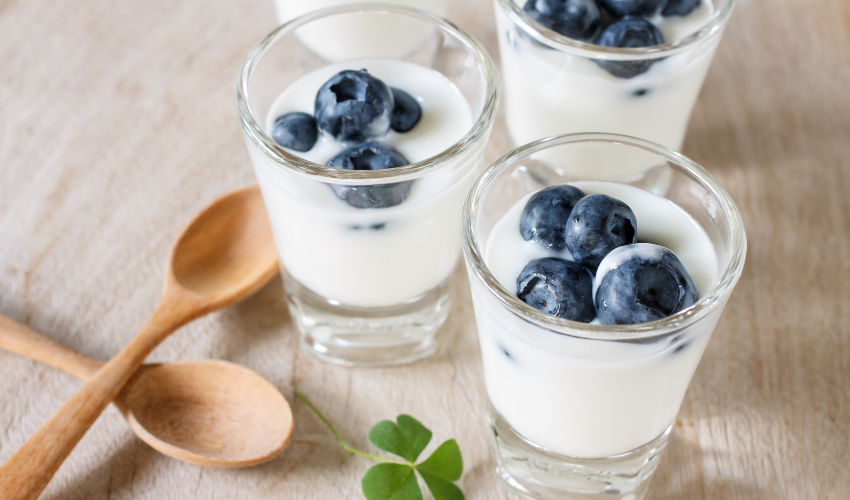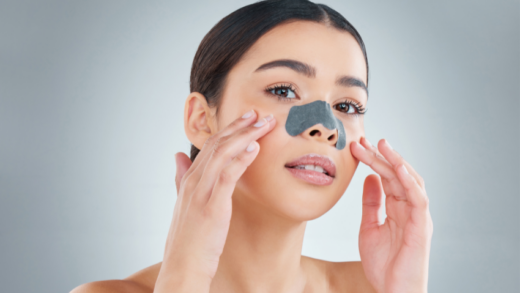Zinc is a trace mineral that is essential for our overall health and well-being. It is found in many different foods and is required for various bodily functions. From supporting our immune system to promoting healthy skin, there are numerous zinc food benefits that we should all be aware of. In this article, we’ll dive into the top 10 zinc food benefits that you should know about.
Top 10 Zinc Food Benefits
Boosts Immunity: Zinc plays a crucial role in supporting our immune system. It helps our body produce white blood cells, which are responsible for fighting off infections and diseases. Consuming foods that are high in zinc, such as oysters, beef, and pumpkin seeds, can help boost our immune system and keep us healthy.
Promotes Healthy Skin: Zinc is also beneficial for our skin health. It helps regulate oil production, which can reduce the occurrence of acne and other skin problems. Additionally, zinc can help with wound healing and may even prevent skin cancer.
Improves Cognitive Function: Zinc is important for brain health and can improve cognitive function. It helps with the formation of new brain cells and can improve memory and learning abilities. Foods that are high in zinc, such as cashews and chickpeas, can help improve our brain health.
Supports Reproductive Health: Zinc is essential for reproductive health in both men and women. It helps with the production of testosterone in men and is necessary for the development of healthy sperm. In women, zinc helps with egg development and regulates hormone levels.
Boosts Mood: Zinc can also improve our mood and help with symptoms of depression. It plays a role in regulating neurotransmitters in the brain, which can impact our mood and behavior.
Helps with Digestion: Zinc is important for proper digestion and can help prevent digestive problems such as diarrhea and bloating. It helps with the breakdown of food and the absorption of nutrients.
Supports Eye Health: Zinc is also beneficial for our eye health. It helps prevent age-related macular degeneration, which can lead to vision loss. Foods that are high in zinc, such as spinach and beef, can help maintain healthy eyes.
Promotes Heart Health: Zinc is important for our cardiovascular health and can help lower the risk of heart disease. It helps regulate blood pressure and can reduce inflammation in the body.
Boosts Energy: Zinc is necessary for energy production in our body. It helps convert food into energy and can improve physical performance. Consuming foods that are high in zinc, such as seafood and nuts, can help boost our energy levels.
Supports Bone Health: Zinc is important for our bone health and can help prevent osteoporosis. It helps with the absorption of calcium and other minerals that are necessary for strong bones.
Top 10 Zinc Rich Foods

- Oysters: Oysters are the richest source of zinc, containing 74 milligrams per 100-gram serving. They also provide other important nutrients, such as iron and vitamin B12.
- Beef: Beef is an excellent source of zinc, with 7 milligrams per 100-gram serving. It is also a great source of high-quality protein, iron, and vitamin B12.
- Pumpkin seeds: Pumpkin seeds are a tasty snack that is also rich in zinc, containing 7 milligrams per 100-gram serving. They are also a good source of healthy fats, fiber, and antioxidants.
- Chickpeas: Chickpeas are a great plant-based source of zinc, with 1 milligram per 100-gram serving. They are also high in protein, fiber, and other important nutrients.
- Cashews: Cashews are a delicious nut that is also rich in zinc, containing 5 milligrams per 100-gram serving. They are also a good source of healthy fats, protein, and fiber.
- Lentils: Lentils are a healthy legume that is also a good source of zinc, with 1 milligram per 100-gram serving. They are also high in protein, fiber, and other essential nutrients.
- Quinoa: Quinoa is a nutrient-dense grain that is also a good source of zinc, with 1 milligram per 100-gram serving. It is also high in protein, fiber, and antioxidants.
- Yogurt: Yogurt is a nutritious dairy product that is also a good source of zinc, with 1 milligram per 100-gram serving. It is also high in protein, calcium, and probiotics.
- Spinach: Spinach is a leafy green vegetable that is a good source of zinc, with 0.5 milligrams per 100-gram serving. It is also high in vitamins A, C, and K, as well as iron and calcium.
- Dark chocolate: Dark chocolate is a delicious treat that is also a good source of zinc, containing 3.3 milligrams per 100-gram serving. It is also high in antioxidants and other beneficial compounds.
FAQs
What are some zinc-rich foods that I can add to my diet?
Some foods that are high in zinc include oysters, beef, pumpkin seeds, cashews, and chickpeas.
How much zinc should I consume daily?
The recommended daily intake of zinc is 11 mg for men and 8 mg for women.
Can taking zinc supplements be harmful?
Consuming too much zinc can be harmful and may lead to nausea, vomiting, and diarrhea. It is best to consume zinc through food sources rather than supplements.
Can zinc help prevent or treat the common cold?
Zinc has been shown to have some benefits in reducing the duration and severity of the common cold, but more research is needed to confirm its effectiveness.
Are there any foods that can interfere with zinc absorption?
Yes, some foods such as phytates, which are found in grains and legumes, can interfere with zinc absorption. It is best to consume zinc-rich foods with foods that are low in phytates.
Conclusion
Zinc is a vital nutrient that plays a significant role in many different bodily functions. From boosting our immune system to promoting healthy skin and supporting our reproductive health, there are numerous zinc food benefits that we should all be aware of. By incorporating zinc-rich foods into our diet, we can reap the many health benefits that this essential mineral has to offer. So, be sure to include foods such as oysters, beef, pumpkin seeds, and spinach in your diet to ensure that you are getting enough zinc to support your overall health and well-being.























